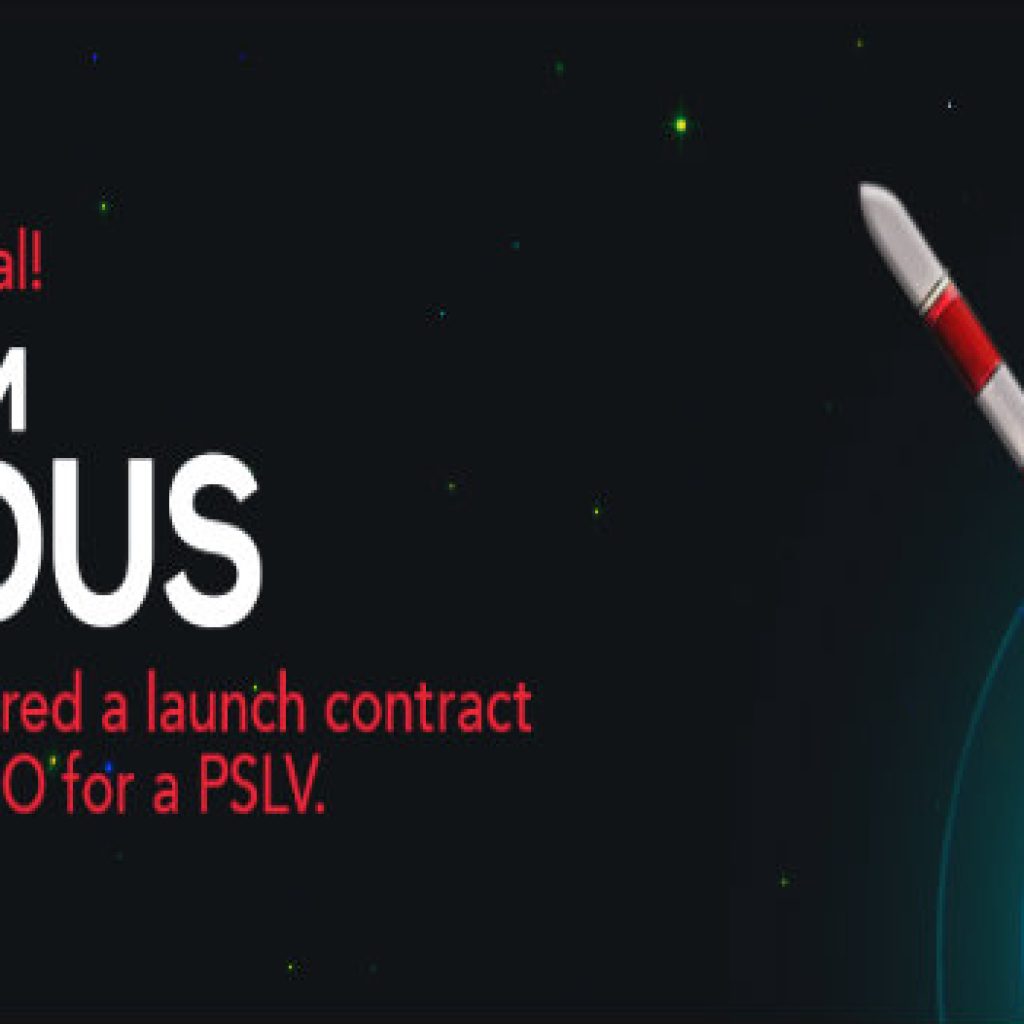
TeamIndus has inked a commercial launch contract with the Indian Space Research Organisation (ISRO) for its mission to land a spacecraft on the moon as it attempts to win the USD 25 million Google Lunar XPRIZE.
TeamIndus is the only Indian team competing for the Google Lunar XPRIZE that requires privately funded teams to land their spacecraft on the surface of the moon, travel 500 metres and broadcast high definition video, images and data back to earth.
The team, which has received support from industry veterans including Ratan Tata (Tata Group), Nandan Nilekani (Infosys), Sachin Bansal and Binny Bansal (Flipkart) and Venu Srinivasan (TVS Group) among others, also aims to raise about USD 45 million by October next year to fund the project.
“The total expense of the project is about USD 60 million and we have raised USD 15 million so far. We will have to raise the remaining amount by September-October next year,”TeamIndus co-founder and Director Julius Amrit told Pixr8.
He added that the company will look at options like equity sale, payload sale and sponsorships for raising the amount.
TeamIndus will launch its spacecraft bound for the moon aboard the Polar Satellite Launch Vehicle (PSLV) in late 2017, as part of its contract with ISRO.
“The mission will help India join an exclusive club of nations with proven technology to soft-land on the moon… Programmes like these are a testimony to government’s Make in India initiative in the increasingly competitive world of new space companies,” he said.
TeamIndus had won a USD 1 million milestone prize from Google placing it in the top three teams globally in the competition. About 100 people, including 20 former ISRO scientists, are helping TeamIndus’ entry in terms of design and development from its headquarters in Bengaluru.
In a launch window starting on December 28, 2017, the PSLV will inject the spacecraft into an orbit 880 km x 70,000 km around the earth. The spacecraft will then undertake a 21-day journey to soft land in Mare Imbrium, a region in the north-western hemisphere of the moon.
After landing in Mare Imbrium, the spacecraft will deploy all its payload including the TeamIndus Rover that will traverse 500 metres on the moon’s surface in order to accomplish its Google Lunar XPRIZE objectives.
